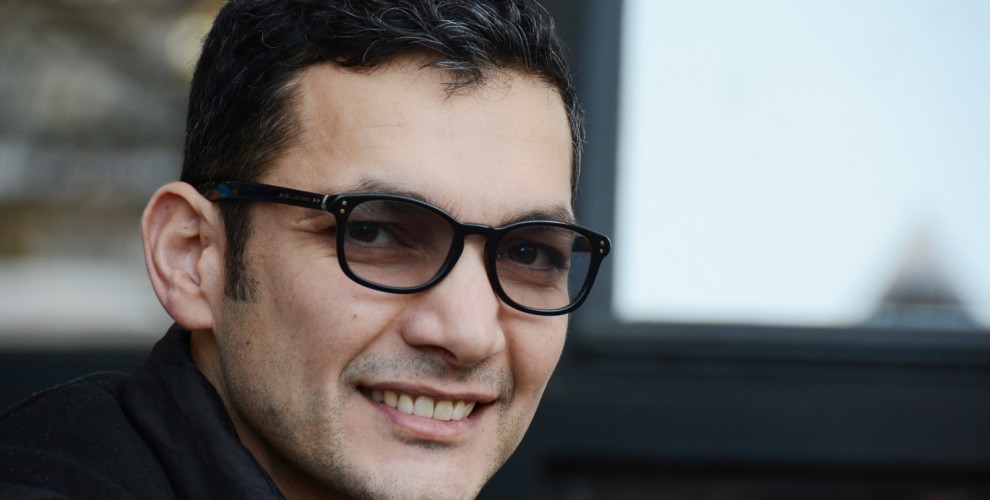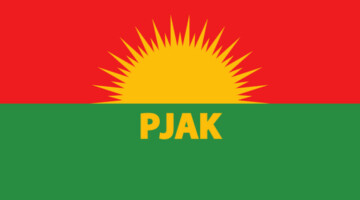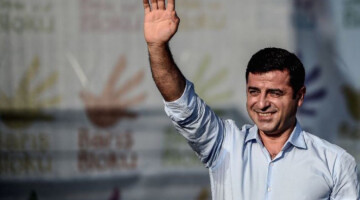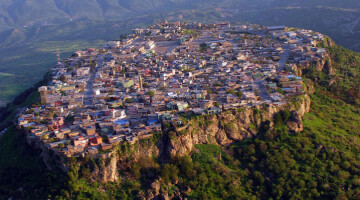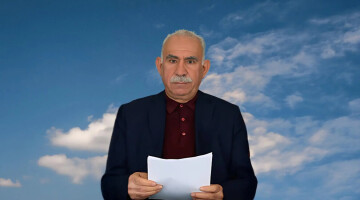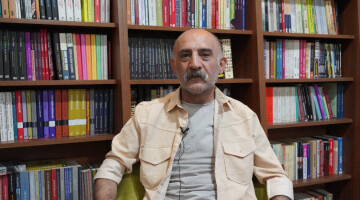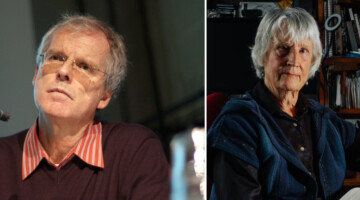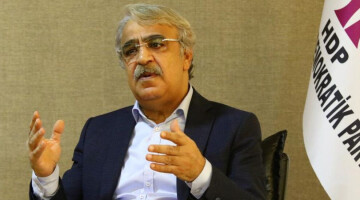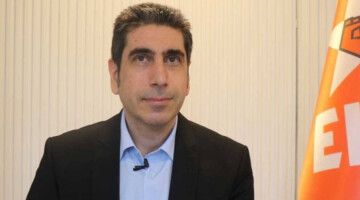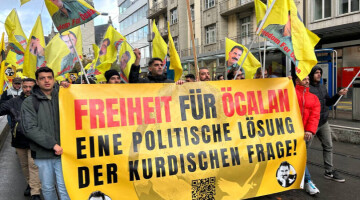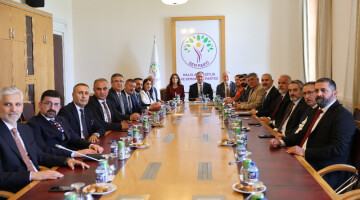Kardo Bokani, one of the 14 hunger strike activists in Strasbourg, France, who demand an end to the isolation imposed on Kurdish People’s Leader Abdullah Öcalan, wrote a letter to the Prime Minister of the Republic of Ireland about their action.
Full text of the letter reads as follows;
“Dear Mr Leo Eric Varadkar,
I am writing to you from the hunger strike in Strasbourg, where we have been without food for 78 days. I am an Irish citizen and a Doctor of Philosophy, who taught at University College Dublin for three years. With 13 other political activists, including a lawyer, a former MP, a politician, an intellectual and a journalist, I have been on indefinite hunger strike since 17 December. Besides our group, more than 300 Kurds have been on indefinite hunger strike in different places, many of them political prisoners in Turkey. This wave of hunger strikes was launched by imprisoned MP, Leyla Guven, who has now been 117 days without food.
The purpose of our hunger strike is to demand an immediate end to the ongoing isolation the Turkish state has imposed on the Kurdish leader, Abdullah Ocalan, denying him his basic human rights. He has been allowed no visits from his lawyer since July 2011, and no visits from his family since October 2014, apart from two brief visits from his brother, both in response to hunger strike protests. His isolation contravenes the European Convention on Human Rights, the UN Mandela Rules for the minimum treatment of political prisoners, and Turkey’s own constitution.
The European Committee on the Prevention of Torture (CPT)’s report following their 2016 visit to Ocalan’s island prison (which was only published in March 2018) states:
With reference to Articles 3 and 10, paragraph 2, of the Convention, the CPT once again calls upon the Turkish authorities to take the necessary steps – without any further delay – to ensure that all prisoners at Imralı Prison are able, if they so wish, to receive visits from their relatives and lawyers.
We were pleased to see Resolution 2260 of the Parliamentary Assembly of the Council of Europe calling on the Turkish authorities to follow up these recommendations, but we are concerned to ensure that these calls are followed by concrete actions.
Ocalan is an eminent political figure, recognised as their leader by millions of Kurds who have been increasingly concerned about the degrading treatment he receives from the Turkish state. Moreover, in the last two decades, Ocalan has made repeated attempts to negotiate a peaceful settlement for the Kurds in Turkey, and the widespread influence he holds over the Kurdish movement and democratic circles in Turkey makes his role vital to any peace process between the Kurds and the Turkish government. Ending Ocalan’s isolation is a crucial first step towards stability, peace, and democracy in Turkey and Syria.
Ocalan’s importance goes well beyond the Kurdish community. He has assumed an increasingly important status across the world, as his ideas have given rise in Rojava (Northern Syria) to a new society based on direct democracy, feminism, multiculturalism, and inter-ethnic cooperation - all internationally cherished values. This reason alone should be sufficient for the international community to work together to end Ocalan’s isolation, and to encourage the Turkish state to resume the peace process it had maintained with him.
The Republic of Ireland played an active role in bringing to a peaceful end the ethnic conflict in East Timor. Northern Ireland, moreover, received persistent support by the European Union and the United States to achieve a power-sharing structure that can be a model for other ethnic conflicts. These two experiences have bestowed on Ireland the sense of both giving and receiving significant support, in the absence of which violence and bloodshed might have continued to plague our island as well as East Timor. Despite this, Ireland has remained silent in the case of Kurdistan, and has so far not played the historic role it could to end this bloody conflict.
As an Irish citizen, who is proud of Irish history, people and culture, and on behalf of more than 300 hunger strikers, I call upon you to support us in our action to end Ocalan’s isolation, and to lead the Republic of Ireland towards playing a similar role in the Kurdish case to that it played for the East Timorese.”

